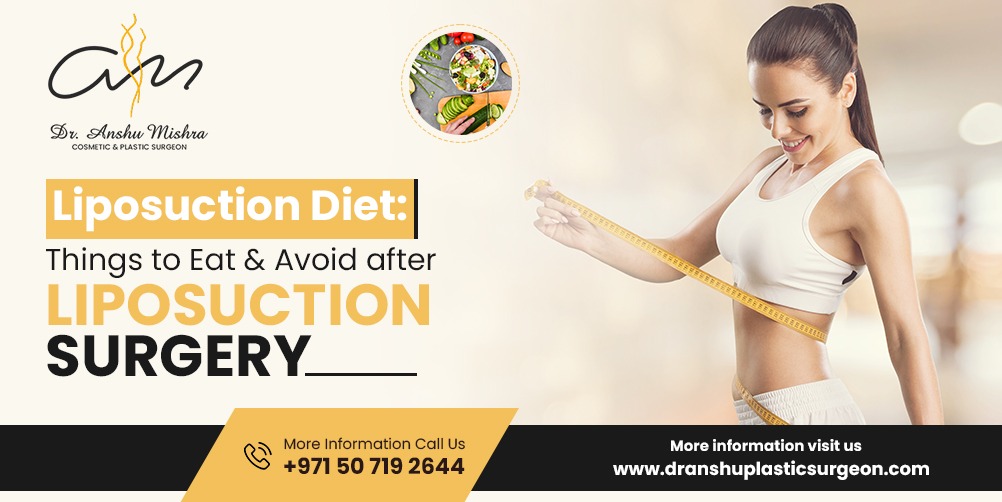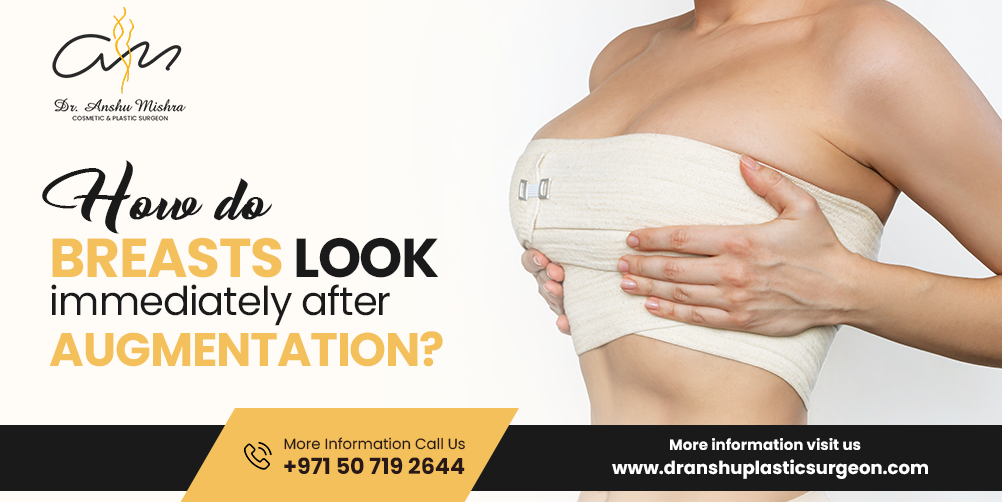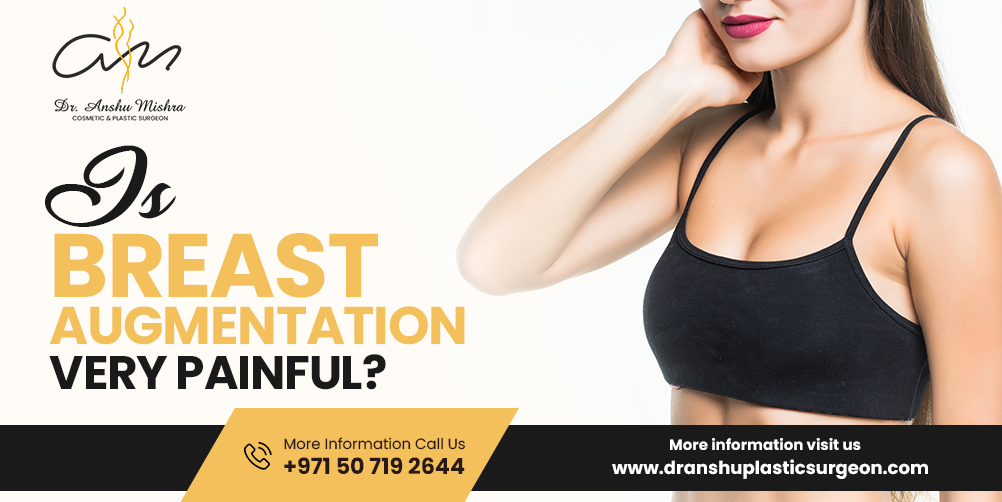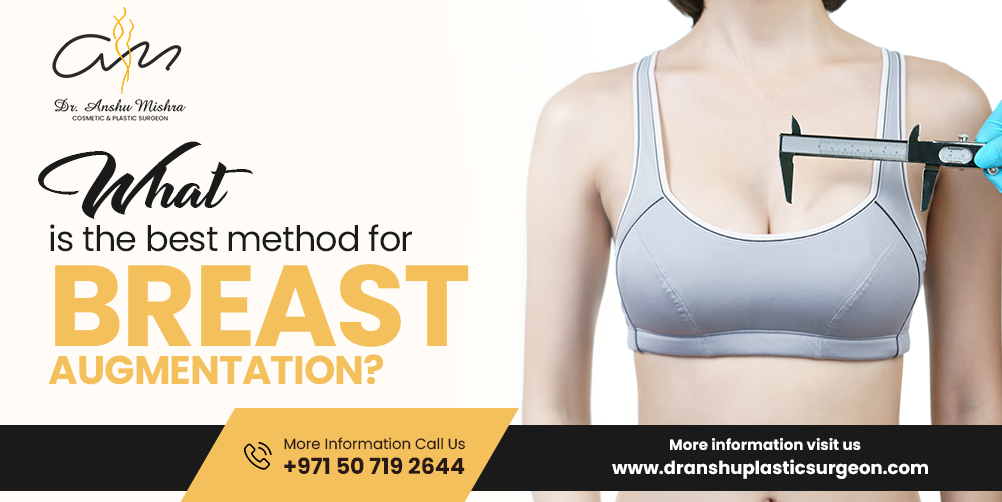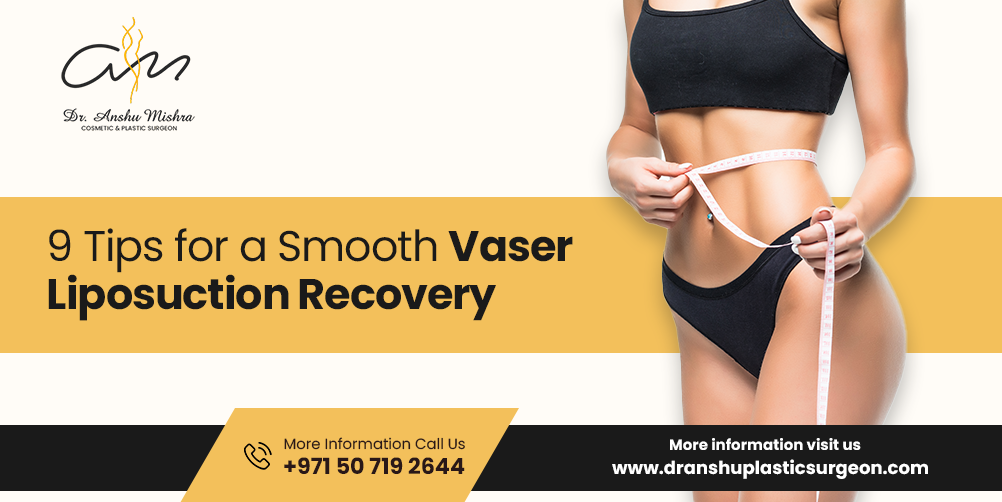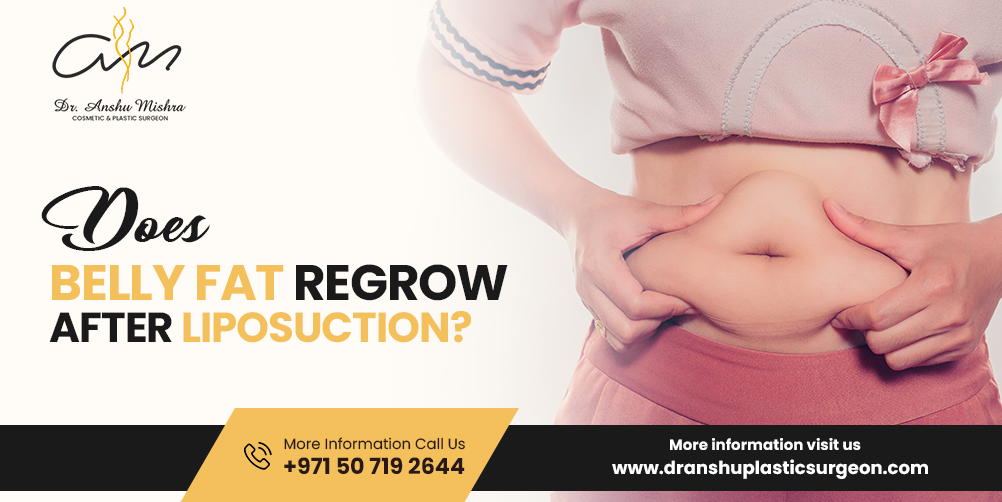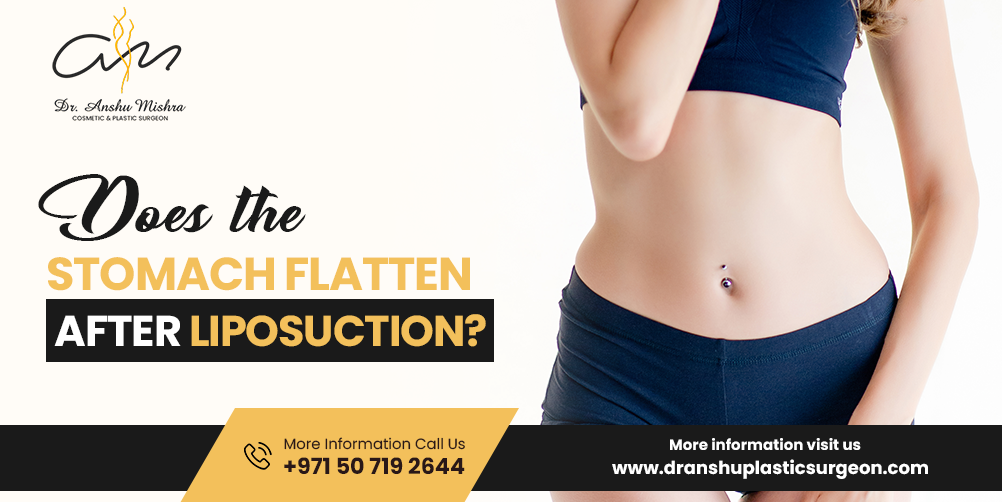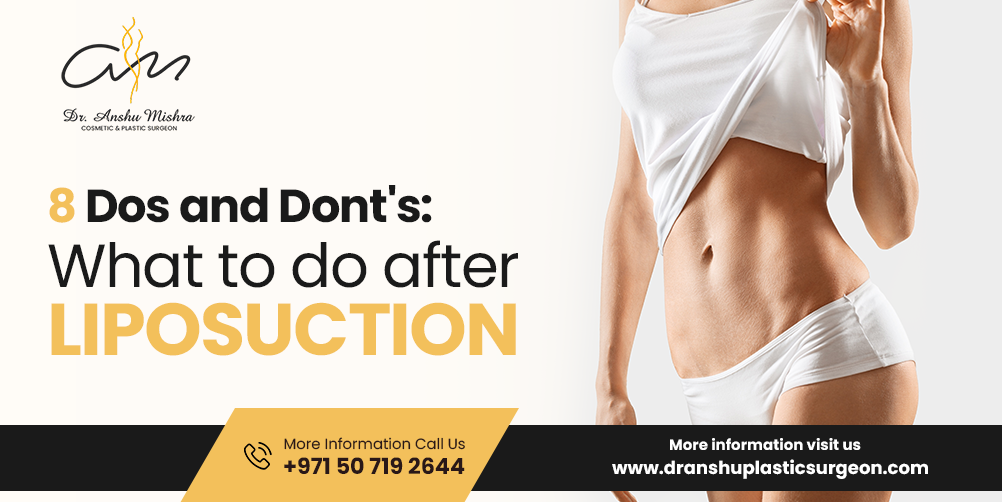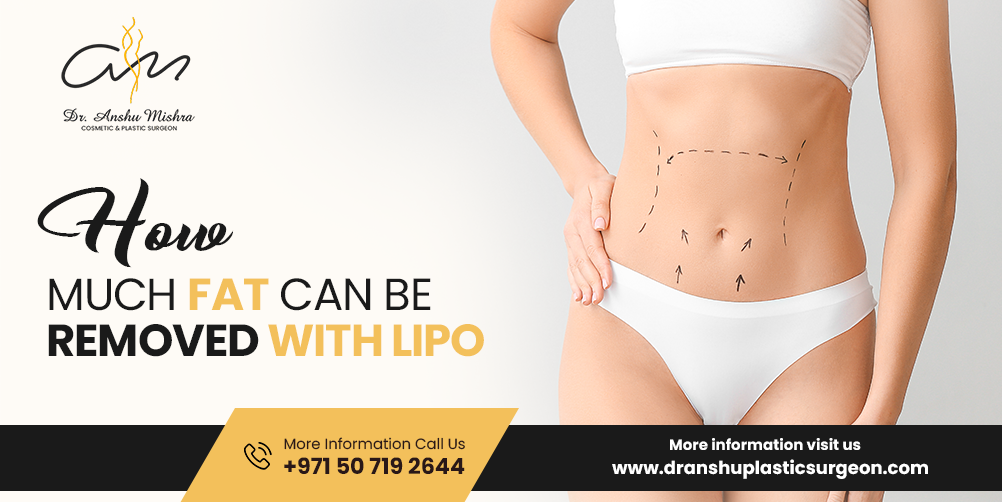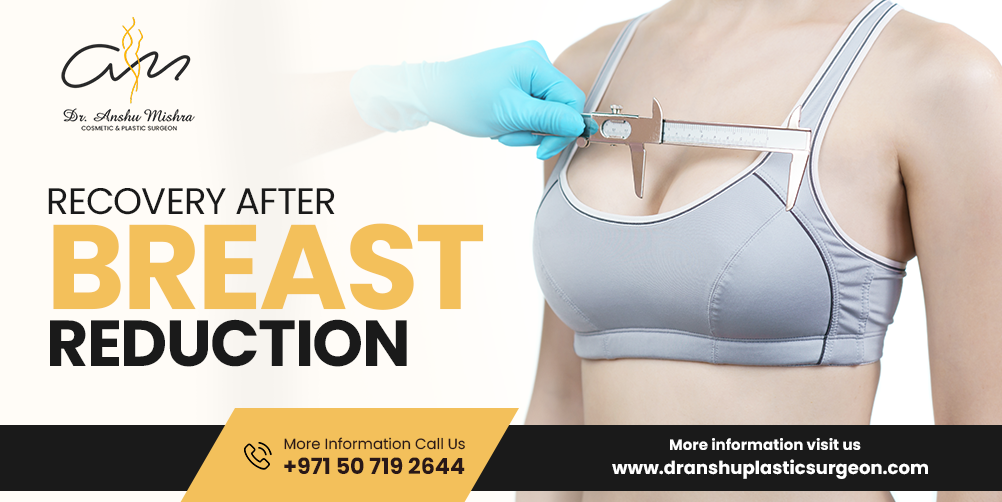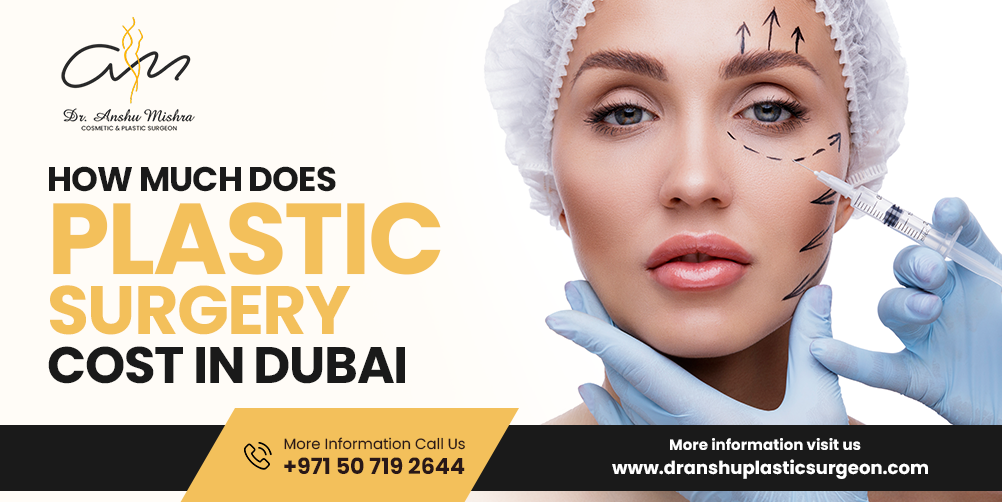Liposuction surgery can be a big step towards achieving the body shape you’ve always wanted. But as with any surgical procedure, proper care and attention to your recovery are key. One important aspect of your recovery journey is your diet. What you eat can make a big difference in how quickly you heal and how smoothly your recovery process goes. Let’s take a closer look at what you should be eating and what you should avoid after liposuction surgery.
Table of Contents
ToggleThe Importance of Nutrition After Liposuction
After undergoing liposuction, taking care of your body becomes a top priority. One of the most crucial aspects of this care is your diet. What you eat can significantly impact your recovery journey. Good nutrition is like fuel for your body’s healing engine. By providing essential nutrients, it supports the recovery process, helping your body repair itself efficiently. Additionally, a balanced diet can help reduce inflammation and swelling, which are common side effects of surgery. By choosing the right foods, you can also promote overall well-being and comfort during your recovery, making the journey smoother and more manageable.
What to Eat After Liposuction
After liposuction surgery, your body needs nourishment to aid in the healing process. Let’s explore what foods you should include in your diet to support your recovery.
Hydrating Foods
Hydration is key to a smooth recovery. Consuming hydrating foods can help replenish lost fluids and keep your body functioning optimally. Some examples of hydrating fruits and vegetables include watermelon, cucumber, oranges, and tomatoes. These juicy delights not only provide essential hydration but also offer vitamins, minerals, and antioxidants to support your overall health.
Lean Proteins
Proteins play a crucial role in tissue repair, making them essential after liposuction surgery. Opt for lean protein sources such as chicken, fish, tofu, and beans. These foods provide the necessary building blocks your body needs to heal and recover. Incorporating lean proteins into your meals can help speed up the healing process and support muscle recovery.
Healthy Fats
While you may be inclined to avoid fats after liposuction, it’s important to include healthy fats in your diet. Omega-3 fatty acids, found in foods like salmon, avocado, nuts, and seeds, are particularly beneficial. These fats have anti-inflammatory properties, which can help reduce swelling and promote faster healing. Including healthy fats in your meals can also support heart health and overall well-being.
Fiber-Rich Foods
Maintaining regular bowel movements is essential for comfort during your recovery. Fiber-rich foods can help prevent constipation and promote digestive health. Whole grains, fruits, and vegetables are excellent sources of fiber. Incorporating these foods into your diet can keep your digestive system running smoothly and alleviate any discomfort associated with surgery.
Vitamins and Minerals
Your body requires a variety of vitamins and minerals to function properly, especially during the healing process. Aim to incorporate a rainbow of colorful fruits and vegetables into your meals to ensure you’re getting a diverse range of nutrients. These vibrant foods are packed with vitamins, minerals, and antioxidants that can support your immune system and promote overall well-being.
Small, Frequent Meals
After surgery, you may experience a reduced appetite or difficulty eating large meals. Instead of three large meals, consider eating smaller, more frequent meals throughout the day. This approach can help maintain your energy levels, prevent nausea, and support your body’s healing process. Snack on nutrient-rich foods like Greek yogurt, nuts, and fresh fruit to keep your energy levels stable and your body fueled for recovery.
Remember to consult with your healthcare provider or a registered dietitian for personalized dietary recommendations based on your individual needs and medical history.
What to Avoid After Liposuction
After undergoing liposuction, it’s essential to be mindful of what you eat to ensure a smooth recovery. While certain foods can support healing, others can hinder your progress. Here’s a closer look at what to avoid after liposuction surgery:
Processed Foods
Processed foods are often loaded with additives, preservatives, and unhealthy fats that can contribute to inflammation in the body. These inflammatory compounds can exacerbate swelling and discomfort following liposuction surgery. By steering clear of processed foods such as fast food, packaged snacks, and frozen meals, you can help minimize inflammation and support your body’s healing process.
Sugary Snacks and Beverages
Sugary snacks and beverages can wreak havoc on your blood sugar levels, leading to energy crashes and increased inflammation. Consuming high amounts of sugar can also impede your body’s ability to heal properly after surgery. Instead of reaching for sugary treats like cookies, candies, and sodas, opt for healthier alternatives like fresh fruits, nuts, or natural yogurt to satisfy your sweet cravings without compromising your recovery.
Alcohol
Alcohol consumption can interfere with your body’s healing process in several ways. Firstly, alcohol can exacerbate inflammation, leading to prolonged swelling and discomfort post-surgery. Additionally, alcohol can interact negatively with any medications you may be taking during your recovery, potentially compromising their effectiveness. To support optimal healing and recovery, it’s best to avoid alcohol entirely until you’ve fully recovered from liposuction surgery.
High-Sodium Foods
High-sodium foods can contribute to water retention and swelling, which are common side effects of liposuction surgery. Excess sodium intake can also elevate blood pressure, increasing the risk of complications during the recovery period. To minimize swelling and support your body’s healing process, limit your consumption of high-sodium foods such as processed meats, canned soups, and salty snacks. Instead, focus on incorporating fresh fruits, vegetables, and whole grains into your diet to help maintain proper fluid balance.
Fried and Greasy Foods
Fried and greasy foods can be challenging for your body to digest, potentially causing discomfort and digestive issues post-surgery. These foods are typically high in unhealthy fats, which can contribute to inflammation and hinder the healing process. To avoid unnecessary discomfort and support your recovery, opt for healthier cooking methods such as baking, grilling, or steaming, and choose lean protein sources like chicken, fish, or tofu instead of fried options.
Caffeine
While a cup of coffee or tea may be a comforting indulgence, caffeine can have negative effects on your recovery after liposuction surgery. Caffeine is a diuretic, meaning it can lead to dehydration, which can impair your body’s ability to heal properly. Additionally, caffeine can interfere with your sleep, which is crucial for recovery and tissue repair. To support optimal healing and recovery, consider limiting your caffeine intake or opting for caffeine-free alternatives such as herbal tea or decaffeinated coffee during your recovery period.
By making mindful dietary choices and prioritizing nourishing, whole foods, you can promote optimal healing, reduce inflammation and swelling, and enhance your overall well-being during the recovery process.
Consultation with Healthcare Provider
Before making any significant dietary changes after liposuction surgery, it’s crucial to consult with your healthcare provider. They can offer personalized recommendations tailored to your individual needs and medical history. Your healthcare provider can guide the best foods to eat and avoid during your recovery period, taking into account any underlying health conditions or medications you may be taking.
Conclusion
The significance of maintaining a balanced diet for a successful post-liposuction recovery cannot be overstated. By selecting nutrient-rich foods and avoiding detrimental ones, individuals can effectively support their body’s healing process, reduce inflammation, and enhance overall well-being. It is strongly recommended to adhere closely to the provided dietary guidelines and seek personalized advice from a healthcare professional. For expert guidance on post-surgery diet and recovery, individuals are encouraged to schedule a consultation with Dr. Anshu Mishra. With her expertise and tailored approach, Dr. Mishra can assist patients in achieving optimal results and a smooth recovery after liposuction surgery.
FAQ
-
How can I keep myself hydrated after liposuction, and why is it so important?
Drinking enough water aids in your body’s detoxification, decreases oedema, and promotes healing. Drinking lots of water is important since your body may be susceptible to fluid imbalances following liposuction. Eating foods high in water content, such as tomatoes, cucumbers, and melons, can also help you stay more hydrated. These meals also include vital nutrients that will speed up your recuperation.
-
After having liposuction surgery, should I eat small and frequent meals?
It is advised to consume smaller, more frequent meals following liposuction. In addition to preventing nausea, which is typical during recuperation, it can help you keep your energy levels stable. Aim for five or six little, nutrient-dense meals throughout the day rather than just three big ones. Nuts, fresh fruit, and Greek yoghurt are excellent snacks to maintain a stable energy level and aid in the body’s healing process.
-
Which foods should I stay away from following liposuction surgery?
After liposuction, it is best to stay away from processed meals, sugary snacks, and beverages since they might cause inflammation and hinder the healing process. Foods that are fried or oily might be uncomfortable and difficult to digest. Foods high in salt, like canned soups and processed meats, cause the body to retain water, which causes oedema. Avoiding coffee and alcohol is also a good idea because they can impede healing by drying the body, causing inflammation, and impairing sleep, which is essential for healing.
-
Can caffeine and alcohol interfere with my ability to heal from liposuction?
Indeed, recuperation can be hampered by both alcohol and coffee. While coffee is a diuretic and can cause dehydration, alcohol can worsen inflammation and interfere with treatment. Caffeine and alcohol can both disrupt your sleep, which is necessary for tissue healing. It’s advisable to abstain from any alcohol and to consume as little caffeine as possible until your body has fully recovered to promote a smooth recovery.
-
How can I control my diet to reduce swelling and inflammation?
For a more seamless recovery following liposuction, inflammation and oedema must be reduced. Foods high in omega-3s, like walnuts, flaxseeds, and salmon, have anti-inflammatory qualities that may help lessen swelling following surgery. Limiting your consumption of processed meals and high-sodium foods is also crucial because they can exacerbate oedema and cause water retention. Instead, eat more fresh fruits, veggies, and lean meats to help the body heal naturally.
-
Which meals are the most important for a speedy recovery following liposuction surgery?
Focus on meals that promote healing, minimise inflammation, and keep energy levels stable. Oranges, cucumbers, and watermelon are examples of foods that are high in water content and can help restore lost fluids. Fish, tofu, poultry, and beans are examples of lean proteins that aid in tissue regeneration and speed up the healing process. Furthermore, good fats—particularly those in almonds, avocados, and salmon—can aid in the reduction of oedema. Fiber-rich meals such as whole grains, fruits, and vegetables enhance digestive health and help to reduce constipation, which can be an issue after surgery.


